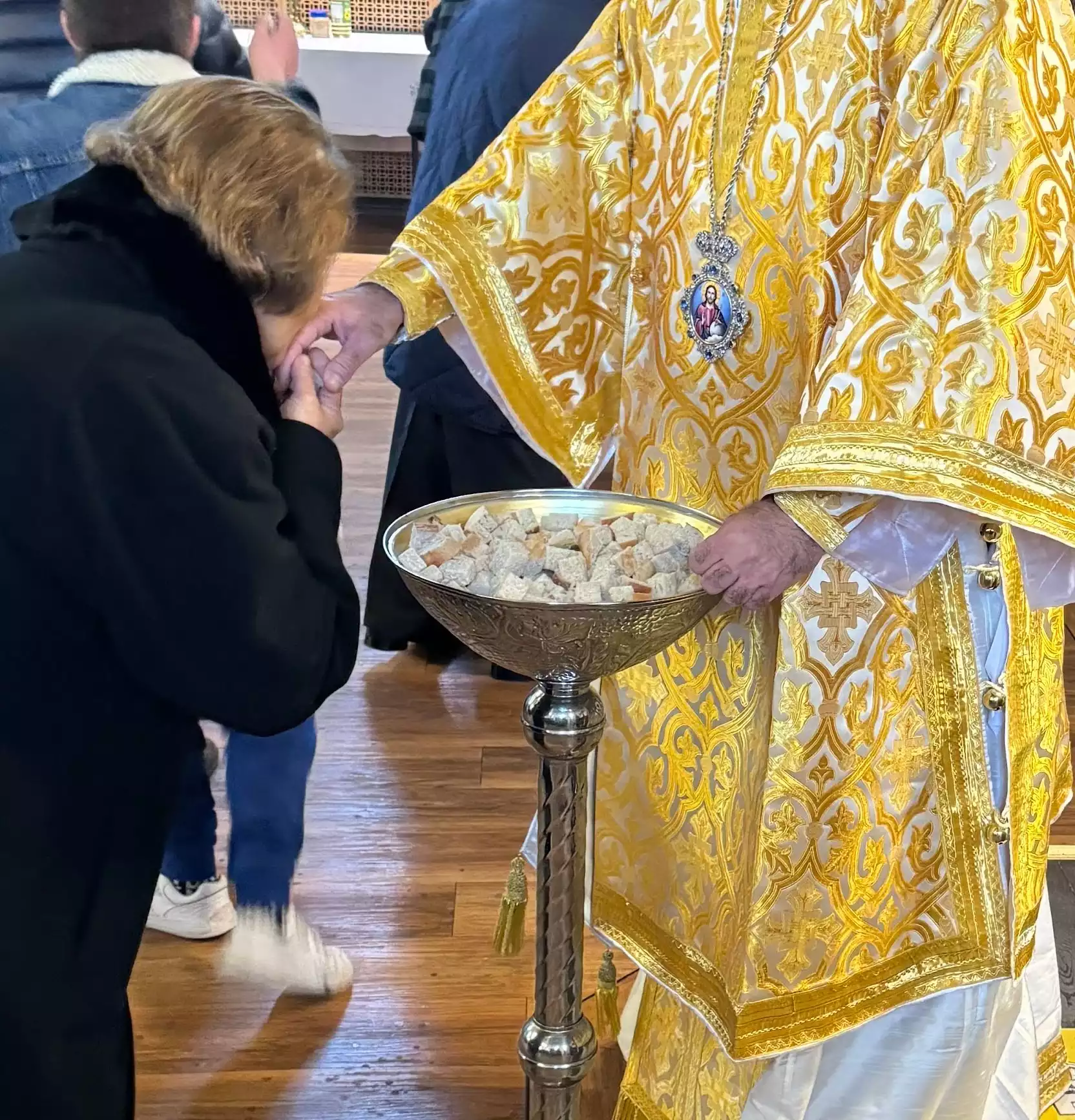
A Symbol of Grace and Communion
Antidoron, a term derived from Greek, meaning “instead of the gifts,” holds significant liturgical and communal importance in the Orthodox Church. This bread, blessed but not consecrated during the Divine Liturgy, is distributed to the congregation. While its origins are not explicitly biblical, Antidoron carries deep spiritual and symbolic meanings, rooted in early Christian practices and traditions.
The practice of distributing Antidoron can be traced back to the early Christian Church. In those times, the Eucharist was a more inclusive communal meal. Those not partaking in the Holy Communion, including catechumens (those preparing for baptism) and penitents, received the Antidoron as a gesture of fellowship and blessing. This tradition symbolizes the Church’s inclusivity and unity, extending grace to all members, irrespective of their spiritual state.
Antidoron is prepared from the same leavened bread, known as prosphora, used in the Eucharist. During the Proskomide, a part of the Divine Liturgy, the bread is cut and prepared for consecration. The remaining bread, not consecrated, becomes Antidoron. This bread, though not a sacrament like the Eucharist, is still regarded with reverence as it has been blessed and part of the sacred liturgy.
In Orthodox theology, the distribution of Antidoron is also seen as a symbol of the agape feast, reflecting the communal and loving nature of the early Christian gatherings. It is a reminder of the Church’s mission to feed the spiritually hungry and to foster community among believers. The faithful often take Antidoron home to share with those unable to attend the service, extending the church’s blessings beyond its physical walls.
The significance of Antidoron is not just spiritual but also cultural. In many Orthodox communities, it is a focal point of social interaction after the Divine Liturgy, promoting fellowship and unity among the congregation.
References
- Spiridonov, A. Eastern Orthodox Church: Rituals and Traditions.” Cambridge University Press, 2018.
- Kostakis, E. “Liturgical Theology in the Orthodox Church.” Oxford University Press, 2020.
- Georgiou, M. “Orthodox Christian Practices: Insights and Explanations.” Routledge, 2021.
- Agios Nikolaos Alimou. Accessed 11 December 2023.
